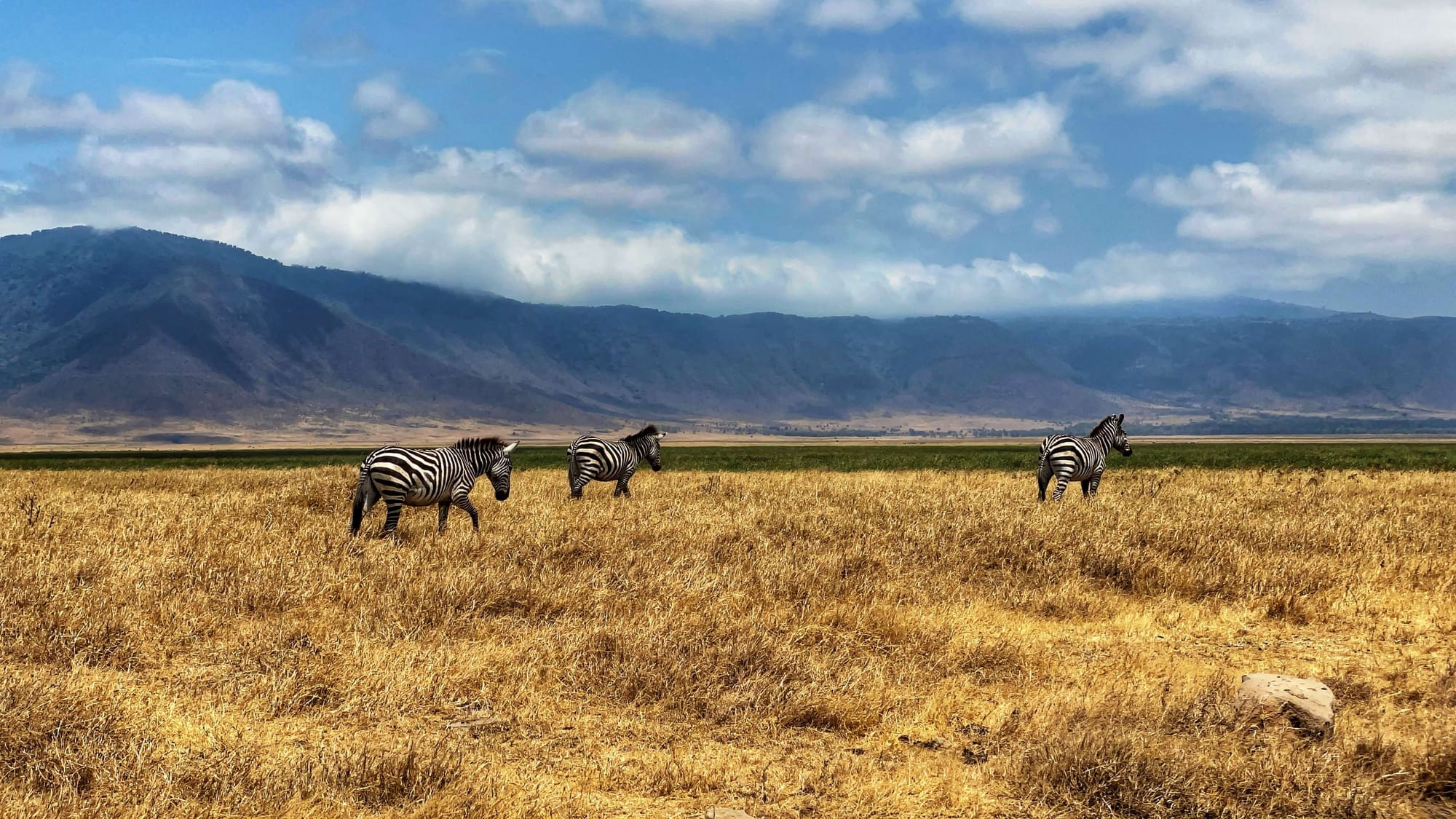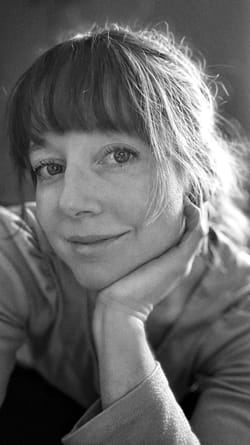It's never too late to follow your dreams, they say... unless your childhood dream was to see your name in the program of The Nutcracker ballet listed: "Clara... as Clara."
I haven't danced ballet in more than two decades. It's too late.
There are dreams that die that you make peace with. There are dreams that never die that make you wonder, "What if...?" And then there are dreams that you realize and think, "Wow, if little Clara only knew that dreams really do come true!"
I have a dream that falls into the "What if...?" category. Every year, around this time, it resurfaces, to remind me of how much joy it once brought me. I thought I made peace with the dream because I chose another dream instead. Now, more than a decade on, I'm realizing that I only abandoned the dream because I abandoned myself.
I'm not good enough to have this dream, is what I told myself at the time.
"You're too good at something else," is what my parents told me.
"If something else can make you happy, do that," was my professor's advice.
But now I see that the only thing that can make me happy is me – and I don't think I can be happy unless I give this dream a shot. If I don't, it's as if I'm telling myself that I still don't believe in my ability or worthiness to achieve it.
I am terrified of rejection, and so instead of chasing after my dream and allowing myself to be rejected, I'm beating everyone to the punch.
I believe in myself, I write in my journal, hoping to make it so.
Then prove it, says the pithy narrator of my little movie.
I'm not ready to let go, and I'm not actively chasing it. I'm not sure if it's because I need to give the dream a shot, or if it's because I never really have been good at letting go.
When you aren't ready to let go of something, it's because you haven't spent any time with it.
This is the work of grief. To sit with the emotions long enough and feel the tumultuous waves of energy ripple through your body until the ocean is calm.
Perhaps what I need is to grieve the loss of the dream – but I'm not quite ready to grieve the loss of the lives I haven't lived.
A few years ago, while I was traveling through Sydney at Christmastime, I stumbled into a museum exhibit about home. There were nine rooms, and each room had a different sculpture or mixed media display, but what struck me the most was the text accompanying the visuals. I found myself photographing the words, not the art, for the grief that they stirred up in me.
"The walls, the furniture, the furnishings, the floors… they are like witnesses, silent witnesses." -Igshaan Adams
"You live in spaces, then they live in you." -Andrew Cranston
"Sometimes the homes that matter most are those we do not live in. Remembered homes, lost and forgotten homes, homes longed for but not yet attained. Places haunted by the echoes of past events or freighted with hopes of acceptance and safety." -Exhibit placard
"...you pile up associations the way you pile up bricks. Memory itself is a form of architecture." -Louise Bourgeois
"[What follows are] three further meditations on loss and the complex work of not forgetting." -Exhibit placard
Home is a physical structure, but structures can be rebuilt. What cannot be rebuilt are the stories and identity we have woven into its walls, and every object contained within. And when the physical structure disappears – as so many did in Los Angeles this week – the grief of losing it and its contents is nothing compared to the grief of losing the stories and identity associated with it.
It is as if the events that took place within its walls are no longer alive, no longer safely contained, no longer able to be revisited and added to, like paint on an unfinished canvas.
The story that you were writing, the identity that you were forming, has come to an abrupt end. What felt active and present is now finished and past; everything up until that point is now a memory. It always was, but something about living the story in the same place kept it alive. Now without a container, it risks disappearing into the sands of time.
Losing a home is akin to losing life as you knew it.
This is the work of grief. To accept that death comes when we least expect it, and to allow ourselves to mourn great losses for the deaths that they are.
And then make peace with ourselves for the memories that we will forget as we move on and write the next chapter.
There's an adage that goes around on the internet about reaching a certain point in your 30's where everyone's parents start dying.
Five of my friends had one or more parents die last year, and that's just the people I can think of off the top of my head.
So I guess I have reached that age.
Everyone who has lost a parent tells me the same thing: the hardest grief to overcome is knowing all of the life they are going to miss out on. Milestones 🤝 Grief. Grief will now be a guest at every party.
Everyone who has children adds that it's hard knowing that the children will forget. But I think sometimes we use our children's experience as a way to process our own. It's hard knowing that we will forget, because we will. The reality of memory is that over time we will lose most of the facts – change them, even. But we will remember how the person made us feel, and how we felt about the experiences we shared together, that much is certain.
Uncertainty is the only certainty there is, and knowing how to live with insecurity is the only security. -John Allen Paulos
The strange reality of death is that it is the only thing about life that is truly certain. We spend our whole lives trying to cope with uncertainty, getting attached to our idea of how we'd like people, places, and things to be, and dealing with the emotions that arise when everything is exactly as it is: ever changing, beyond our ability to grasp and make permanent.
Death, however, doesn't change its mind. Death doesn't wake up one day and not want to be in a relationship with you anymore. Death doesn't give the job to someone else. Death doesn't run out of Libby's canned pumpkin the day before Thanksgiving and force you to decide whether to drive somewhere else or use the off-brand that you're sure is less, well, pumpkiny.
Death is everything we ever want about anything in life – certain, predictable, permanent – and yet we quibble with it. Why me, why them, why us, why this, why now, why, why, why. What we're actually quibbling with is not death, but life – our idea of how it should have played out. And we're quibbling because denial, anger and bargaining are easier than accepting that in losing a loved one, we've lost the versions of their life story and ours that will never get to be lived.
So much of grief is wrapped up in losing the story that could have been.
It doesn't matter if the story that could have been was never real to begin with. We are grieving the loss of possibility, of hope, because death is the cessation of the future we imagined.
This is the work of grief. To resist until we are weary, until one day, when we lay ourselves to rest, we chance to dream, and open our hearts to a new future.




